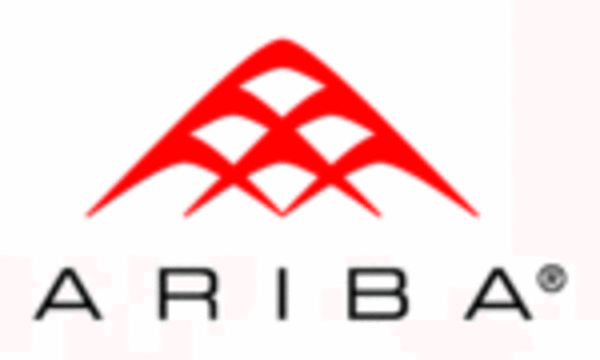Perhaps the most successful business application in the last decade to have emerged outside of Microsoft – in fact, as a direct competitor to Microsoft – is the cloud-based, database-driven juggernaut known as Salesforce.com. Its Force.com platform is successfully luring both fresh, new software developers and established applications builders, with the enticement being a huge and growing customer base. Those customers have been pouring into Salesforce’s cloud after its acquisition last year of sales lead database manager Jigsaw.

With this kind of momentum, you’d think Salesforce has a monopoly on the CRM market. It doesn’t. But the company may have already exceeded analysts’ estimates for a paying customer base of 3.5 million subscribers this year, which is astounding given its reported number of just under 14,000 in 2004. The momentum is definitely there, and it’s being fueled by software makers such as Ariba that are now embracing Force.com as a platform where they can do business.
Ariba Contract Management is an established business software package, from a company that deploys its own cloud (Ariba Commerce Cloud). The company caters to a class of customers who produce thousands, perhaps tens of thousands, of contracts in their everyday work, and need an audit trail for each one. (Tip from an expert: There is a huge, untapped market for this product in the publishing industry.) Sales personnel would obviously be among Ariba’s targeted clients.
But Ariba, like a growing number of other software makers, are finding themselves compelled to move their software to the platform where their customers already are, rather than move their customers to another platform. So it was that an established player in a well-defined market became one of the finalists in an apps development contest for the Force.com platform, AppQuest – a competition intended to give new and often unknown developers a boost into a new market.
“This has been a top-three request of Salesforce customers for quite some time,” states Ariba Chief Marketing Officer Tim Minahan, in an interview with RWW. He’s referring specifically to contract lifecycle management, the principal function of Ariba Contracts. (Although Salesforce does include a feature called “contract management,” it’s more geared to “the management of customers with whom these contracts are associated,” as opposed to the documents themselves.)
“One of the challenges for contract management on the sales side has been the requirement for deep integration into the CRM environment,” Minahan adds. Ariba partnered with major contract management organizations to determine what their CRM software users require. What it discovered, he tells us, was that organizations that had already integrated some contract management functions into their CRM platform (read: Force.com) were already seeing productivity gains, on-time renewal increases, and even revenue gains.
More and more, software makers including Ariba are telling us, sales personnel don’t want to step out of Salesforce to access functionality on some other app or platform. They want to see it all in one place.
But what they want to see in that place are all the aspects of contract management, of which Minahan says there are three. “The first is a contract repository. Many companies have tried to accomplish this on their own with [Microsoft] Access databases, which are difficult because you get a proliferation of them. You can generally only search on header information and nothing deeper.”
He’s not kidding. One big segment of legacy software that Ariba’s already been competing against include mashup solutions using Access for contract management, some of which were developed in-house by contract-consuming companies, and sold on the side for extra revenue.
This aspect is addressed, remarks Minahan, through service and support. It may take personal assistance for many customers to convert the contract repositories stuck in their Access-era databases into a modern format. “An enterprise-level company, you’re looking at 20,000 contracts,” he says. “With a mid-market company, several hundred or several thousand.”
Aspect #2 is how the product represents the office workflow. “Management” in the real world does not mean inclusion in a list or folder. It implies the capability of tracing, of tracking, and of auditing past workflow. “The solution that we have now is not just passing paper around, but provides a full, trackable, traceable audit trail and version control. It’s auditable for legal and security purposes, and leverages the collaboration aspects of Force.com and Salesforce Chatter [cloud-based messaging].”
Number three deals with ongoing performance management. “That’s where we can establish pro-active alerts in the system, and they can be based on getting certain service levels or pricing volume breaks or even renewals. Say something’s coming up to renew in the next hundred days; I want to set a trigger that says, as a salesperson, I am engaging that customer early enough to make sure I get that renewal.
“From a philosophical standpoint,” Ariba’s Minahan continues, “we move contract management from managing a document to pro-actively managing a relationship. Salesforce allows us to animate the contract itself, the terms and agreements, establish workflows and alerts, because the system is keeping track of all the terms, clauses, and conditions that you spent all that hard time negotiating in the first place.”
The AppQuest 2011 competition wraps up at the Dreamforce ’11 conference in San Francisco on Tuesday, where the winner is due to be announced.

















